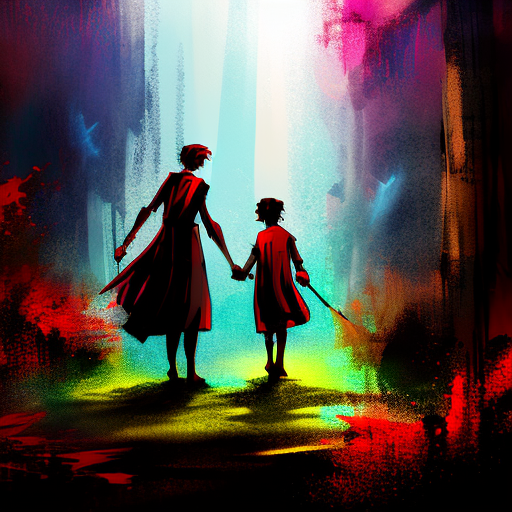One-line Summary:
Jacob Have I Loved is a coming-of-age novel that explores the complex relationship between twin sisters, Louise and Caroline, as they navigate the challenges of growing up on a small Chesapeake Bay island during the 1940s.
The Island of Rass:
Set on the fictional island of Rass, located in the Chesapeake Bay, the story follows the life of Louise Bradshaw, an introspective and ambitious young girl who feels overshadowed by her talented and favored twin sister, Caroline. The island, with its tight-knit community and limited opportunities, becomes a symbol of both confinement and possibility for Louise.
The Strained Relationship:
Louise’s resentment towards Caroline grows as she witnesses her sister’s effortless success in academics, music, and popularity. While Caroline thrives, Louise feels neglected and overlooked by her family and the community. This strained relationship intensifies as the sisters enter adolescence, with Louise feeling increasingly isolated and unappreciated.
Self-Discovery and Independence:
As Louise grapples with her identity and desires, she begins to question her place on the island and her relationship with her family. She finds solace in her friendship with Call, a young African American boy who shares her love for the sea and dreams of escaping the island’s limitations. Through their friendship, Louise gains the courage to pursue her own dreams and aspirations, ultimately finding her own path to independence.
Throughout the novel, Louise’s journey is a testament to the power of self-discovery, resilience, and the pursuit of one’s dreams. She learns to embrace her individuality and break free from the constraints of societal expectations, ultimately finding her own voice and purpose.
Key Takeaways:
- The novel explores the complexities of sibling relationships and the impact of favoritism and comparison on individual growth.
- It highlights the importance of self-discovery and pursuing one’s dreams, even in the face of adversity and societal expectations.
- The story delves into themes of identity, independence, and the struggle to find one’s place in the world.
- It sheds light on the challenges faced by individuals living in small communities and the limitations they often experience.
- Jacob Have I Loved offers a poignant portrayal of the coming-of-age experience, capturing the universal themes of self-acceptance, resilience, and the search for personal fulfillment.
“I am not the person I was when I left Rass Island. I am two people. I am Louise and I am Sara Louise. And Sara Louise is not the person she was when she left Rass Island either. She is two people. She is Louise and she is Sara Louise. And neither one of us can ever go back to the way we were.”
In conclusion, Jacob Have I Loved is a compelling novel that delves into the complexities of sibling relationships, the search for identity, and the pursuit of dreams. Through Louise’s journey, readers are reminded of the importance of self-discovery, resilience, and the power of embracing one’s individuality.












